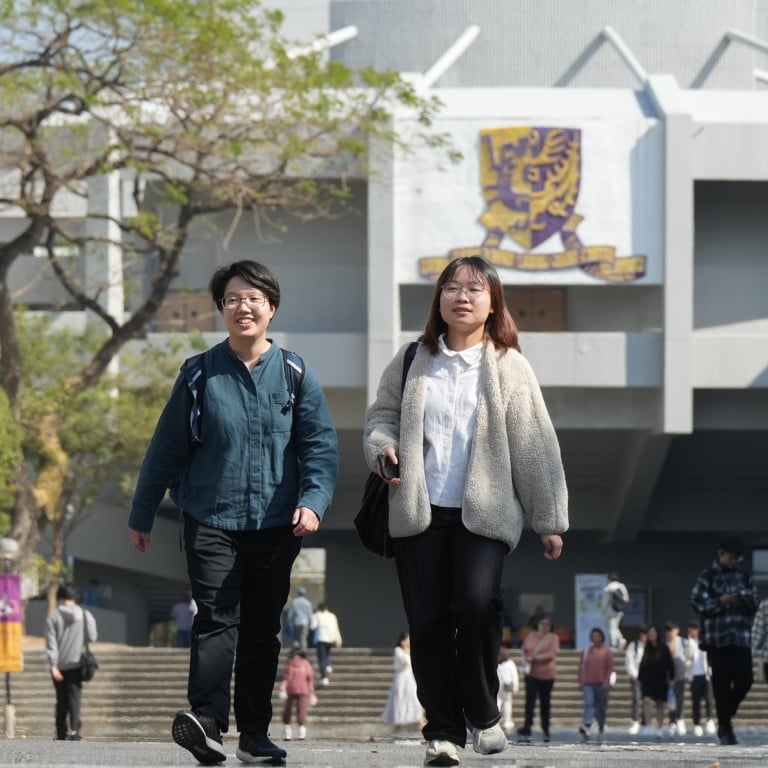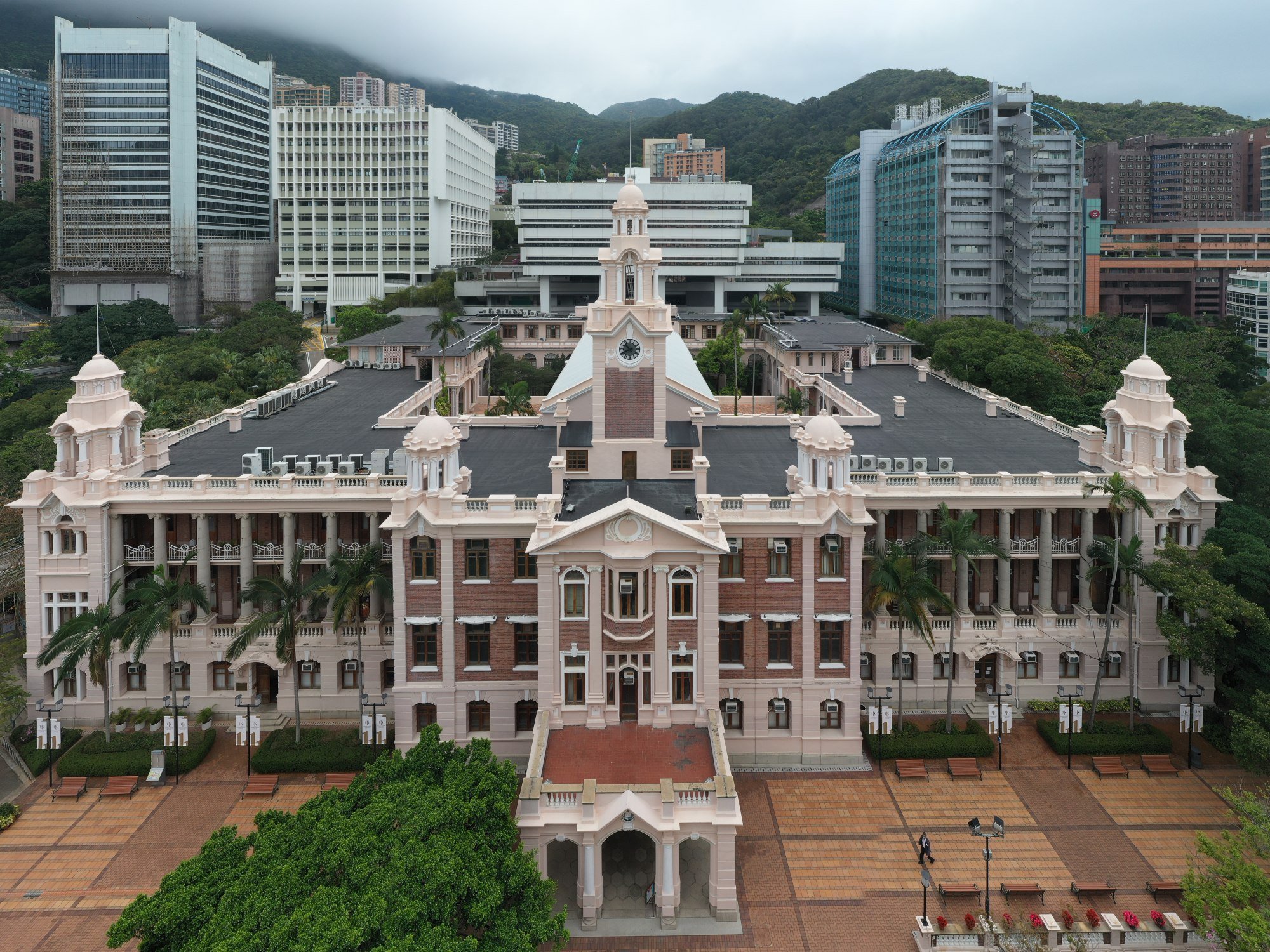
Hong Kong’s subsidised public university fees lagging behind rising bachelor’s degree costs, but hike unlikely to be implemented soon
- Cost borne by students – also known as ‘recovery rate’ – slips from 18 per cent of fees to 13 per cent, prompting review
- Tuition fee increase does not appear imminent as government has said any hike would have to come after 2025
Tuition fees at Hong Kong’s public universities have not kept up with the overall rising costs of bachelor's degree programmes over the past decade, the Post has found.
Fees paid by students are expected to cover 18 per cent of the expense of their courses borne by the university, but that share – also known as the “cost recovery rate” – has fallen to as low as 13 per cent.
The Education Bureau has said it will review the fees, but any hike is unlikely to be implemented before the 2025-26 academic year at the earliest, as the government pledged in 2022 there would be no change until 2024-25.

The University Grants Committee (UGC), which allocates funding to the city’s eight public universities, told the Post the cost recovery rates had slipped over the past decade from 18 per cent in 2012-13 to 13.3 per cent in 2022-23.
The 18 per cent recovery rate was set in 1991 and meant students in government-funded undergraduate courses would pay almost a fifth of the cost of their programmes.
Secretary for Education Christine Choi Yuk-lin said earlier this month that her bureau would review all fees under the user-pays principle, but would keep in mind the timing of a hike and whether students of different backgrounds could afford it.
The annual fee for local students at the eight publicly funded universities has remained at HK$42,100 (US$5,380) since the 1997 -98 academic year.
Choi pledged to look into the fees after Financial Secretary Paul Chan Mo-po, who will deliver his budget speech next month, said he would review public service charges that had remained unchanged for a long time and those based on the user-pays principle to boost revenue and tackle the budget deficit.
‘Hong Kong varsity heads must be able to handle crises, including political ones’
But a university fee increase did not appear imminent as a government document submitted to the legislature in 2022 said the current level did not stand out as particularly high or low when compared with major regions outside the city.
It said the fees for UGC-funded programmes would remain unchanged from 2022 to 2025, leaving the 2025-26 school year as the earliest time for a fee increase.
In a report on UGC funding the Audit Commission released in 2016, the watchdog suggested the bureau formulate a way forward for tuition fee policy to ensure one was adopted in a timely manner. While the bureau agreed with the recommendation, tuition fees have remained unchanged.
Local students in Britain generally pay £9,250 (US$11,740) a year, Americans pay US$11,260 at public universities and Australians pay A$4,124 to A$15,142 (US$2,720 to US$9,975), depending on the discipline.
Enough to fix manpower crunch? Hong Kong pushes applied sciences universities
Lawmaker Rock Chen Chung-nin, a member of the legislature’s panel on education and a council member of the Hong Kong University of Science and Technology, said a review of tuition fees was needed as the recovery rate had fallen well below the original target.
But he said he hoped any fee increase would be gradual, or parents and students would be unable to afford it. The government should also consider the uncertain economic outlook when raising fees, he added.
“Like at this moment, when the Hang Seng Index has plunged below 15,500, how can the government increase the fees drastically?” Chen said.
Lawmaker Chu Kwok-keung, who represents the education sector, said raising fees to ensure the 18 per cent target recovery rate was achieved would place a significant burden on students and parents.
Hong Kong universities urged to invest in research for curiosity’s sake
“The hike should only be gradual as we need to consider that students would be saddled with heavy debt after graduation,” he said. “Students would not be able to repay the debt if the amount is huge.”
The lawmaker suggested the inflation rate should be one factor taken into consideration when deciding on the increase in tuition fees.
The Higher Education Policy Institute, a think tank based in Britain, submitted a report to the UGC in 2016 that suggested any rise in fees should consider the greater social mix of participants in higher education and the income inequality in Hong Kong, which is among the highest in the world.
“Increasing fees may be more problematic for a larger number of potential students than was the case when fees were first set some time ago,” the institute said. “A fee of HK$42,100 is a significant undertaking for many families. That may provide an argument against increasing fees at all.”
Although all students enrolled in public degree programmes pay the same tuition fees, the average teaching expenditure per student differs across various disciplines, according to official figures by the UGC.
In the 2021-22 academic year, the disciplines with the highest expenditure were medicine, dentistry, physics and biological science, while those with the lowest were social science, architecture and town planning, languages and humanities.

